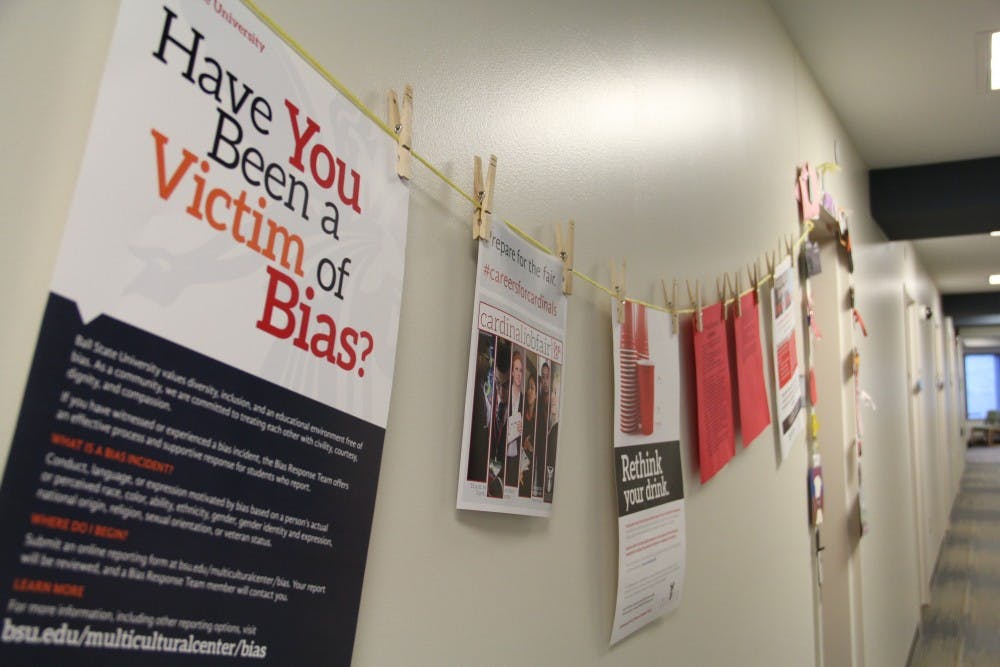To better educate students about sexual assault prevention, the Student Government Association allocated $500 for residence hall programming.
Jack Hesser, SGA president, said they wanted the halls to not have to worry how to finance programs and could improve what they already do to bring more students out.
The organization had originally planned to present at different residence halls and student groups, but a few weeks before the academic year began, the executive board decided it would be more effective to directly supply the residence halls with funding to improve their own programs.
“The fact is, you might visit a hall council and talk about the resources and you might only be reaching out to 10-15 people, maybe 30 people, in each of those residence halls, whereas the RAs and hall councils have more organic relationships with those halls," Hesser said.
The university requires each hall to host a sexual assault awareness program within the first six weeks of the academic year — also called the Red Zone — when sexual assaults and drinking are most frequent.
Many halls planned their event before finding out about the available money, said Kayla Dalton, Woodworth Complex residence hall director.
Dalton's residence hall was able to take advantage of the funds. She said her hall used some of the money to put on its “What You See: Women’s Gala.” The program focused on breaking stereotypes about sexual assault.
Dalton said in addition to the staff members present, 47 women attended the program, and the funding enabled her to create a better event.
“In general, knowing that there is funding available, ... helps greatly so that we can have enough support to put on a quality program,” Dalton said. “What matters is that we make an impact. Numbers aren’t as big of a deal because we want someone to learn from the experience. Even if it changed just one person’s life, we want to make sure that we can change and help.”
Brayton/Clevenger in LaFollette Complex used some of the money SGA set aside to fund sexual assault bystander intervention training.
The SGA funds will still be available through the end of the Red Zone on a first come, first serve basis. Woodworth is already planning to use the funds for a future program.
SGA budgeted $1,000 overall for sexual assault awareness, $200 of which went to the Step In. Speak Up. campaign. The remaining $300 is budgeted for Spring Semester.
Hesser said any leftover funds that were set aside for the residence halls this semester will roll over into the Spring Semester, when all residence halls are again required to provide training.
“I’m glad that [SGA is] recognizing that there’s many avenues to help students and that residence halls are a big part of that,” Dalton said. “They do an excellent job in being supportive of events and programs that support education and advocacy.”





